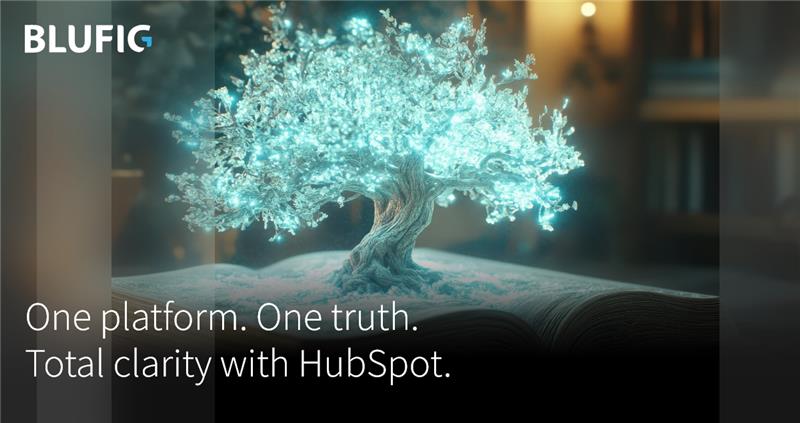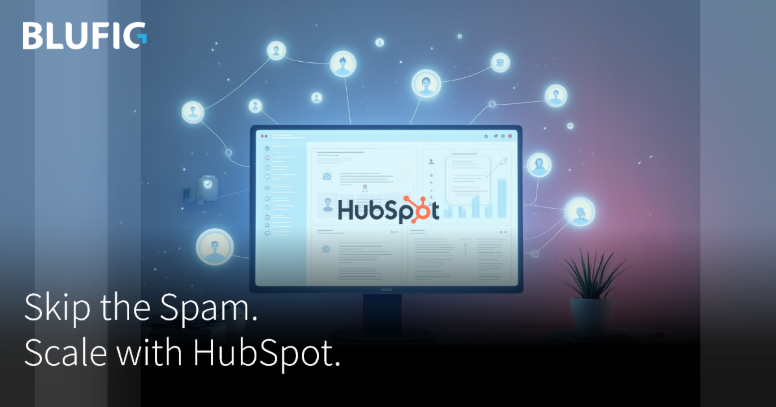How does marketing automation streamline lead generation and nurturing processes for businesses?
In the dynamic landscape of modern business, effective lead generation and nurturing are critical components for sustained growth. As competition intensifies, businesses are turning to innovative technologies to enhance their marketing strategies. One such technology that has emerged as a game-changer is marketing automation. Marketing automation not only streamlines lead generation processes but also revolutionizes the way businesses nurture potential customers. This article delves into the various ways in which marketing automation facilitates and optimizes lead generation and nurturing for businesses.

Understanding Marketing Automation
Marketing automation refers to the use of software platforms and technologies to automate repetitive marketing tasks and workflows, intending to drive more leads, closing more deals, and improving marketing efficiency. These platforms integrate various channels such as email, social media, and website analytics, allowing businesses to create, deploy, and track marketing campaigns seamlessly.
Streamlining Lead Generation
Data-driven Insights: Marketing automation tools enable businesses to gather and analyze data from various touchpoints in the customer journey. This data-driven approach allows marketers to understand customer behavior, preferences, and engagement patterns. By leveraging these insights, businesses can tailor their lead generation strategies to target specific audiences more effectively.
Personalized Campaigns: One of the key advantages of marketing automation is the ability to create highly personalized campaigns. Automation tools enable the segmentation of leads based on demographics, behavior, and other relevant factors. This segmentation allows businesses to send targeted and personalized messages to different audience segments, increasing the likelihood of capturing their attention and interest.
Multi-channel Integration: Marketing automation platforms facilitate seamless integration across multiple channels. This integration ensures that businesses can reach their audience through various touchpoints, such as email, social media, and website interactions. By maintaining a consistent and cohesive presence across channels, businesses enhance their visibility and engage potential leads more effectively.
Lead Scoring: Marketing automation allows for the implementation of lead scoring mechanisms. This involves assigning scores to leads based on their interactions with marketing content, website visits, and other relevant activities. Lead scoring helps businesses prioritize and focus their efforts on leads that are more likely to convert, streamlining the lead generation process and improving overall efficiency.
Streamlining Lead Nurturing
Automated Email Campaigns: Marketing automation excels in automating email campaigns, a crucial element of lead nurturing. Businesses can set up automated drip campaigns that deliver targeted content at specific intervals based on the lead’s behavior. This ensures a continuous and personalized communication flow, keeping the leads engaged and nurturing the relationship over time.
Behavioral Tracking: Marketing automation tools track and analyze the online behavior of leads. This includes the pages they visit, the content they download, and their interactions with emails. By understanding these behaviors, businesses can tailor their nurturing efforts to align with the lead’s interests, providing them with relevant and valuable content.
Lead Segmentation and Personalization: Just as in lead generation, marketing automation plays a crucial role in lead nurturing through segmentation and personalization. Automated systems can categorize leads based on their characteristics and behaviors, allowing businesses to send targeted and relevant content. This personalized approach fosters a sense of connection and increases the likelihood of conversion.
Lead Lifecycle Management: Marketing automation provides a comprehensive view of the lead lifecycle. From the initial point of contact to conversion, businesses can track and manage each stage efficiently. This visibility enables marketers to identify bottlenecks, optimize workflows, and ensure a smooth transition of leads through the nurturing process, ultimately improving the chances of conversion.
Benefits of Marketing Automation in Lead Generation and Nurturing
Time and Resource Efficiency: By automating repetitive tasks and workflows, marketing automation frees up valuable time for marketing teams. This efficiency allows marketers to focus on strategic initiatives, creative endeavors, and high-impact activities, ultimately contributing to more effective lead generation and nurturing.
Consistency in Communication: Marketing automation ensures consistent and timely communication with leads. Automated campaigns deliver messages at predefined intervals, preventing leads from falling through the cracks. Consistency in communication builds trust and keeps the brand at the forefront of the lead’s mind throughout the nurturing process.
Improved Conversion Rates: The combination of personalized content, targeted campaigns, and lead scoring provided by marketing automation results in improved conversion rates. By nurturing leads with relevant and timely information, businesses increase the likelihood of converting prospects into customers, driving revenue and business growth.
Data-driven Decision Making: Marketing automation platforms generate valuable insights through data analytics. Businesses can use these insights to make informed decisions, refine their strategies, and adapt to changing market dynamics. The ability to make data-driven decisions enhances the effectiveness of lead generation and nurturing initiatives.
In conclusion, marketing automation serves as a powerful ally in the journey of lead generation and nurturing for businesses. From gathering data-driven insights to deploying personalized campaigns and automating communication, these platforms streamline processes and contribute to more efficient and effective marketing efforts. As technology continues to advance, the role of marketing automation will likely become even more integral in shaping the future of business growth through enhanced lead generation and nurturing strategies. Embracing these tools is not just a choice but a strategic necessity for businesses looking to thrive in an increasingly competitive and data-driven market.





